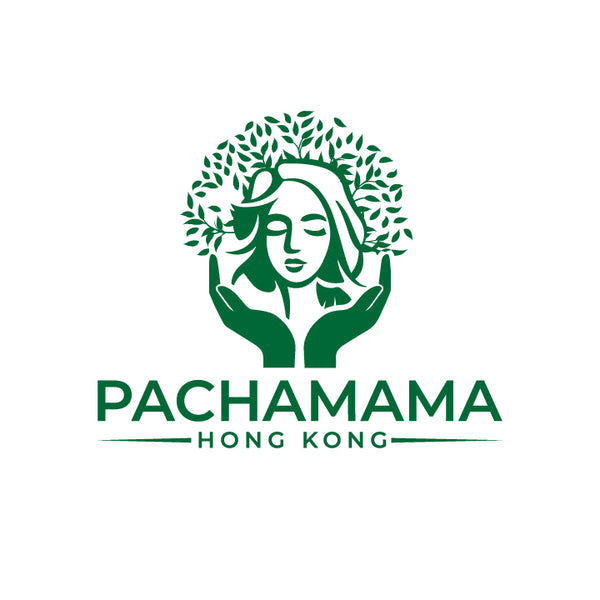
抗疫下,多了人擔心心肌炎風險。
而事實上,身體免疫力強,會易引起發炎反應,也增加罹患心肌炎風險。
巴西莓Acai Berry,比一般莓高出數倍花清素,是西方有名的抗氧化天然食品。花青素是酚的一種,它的酚結構允許提供自由基的質子,從而再生酰基甘油分子並阻止自由基氧化,因此,被轉化的自由基,可以不促進氧化。應簡單來說,花青素就是把自由基失去功能。

研究指出花青素的高抗氧化物,抑制與炎症相關的分子,除了有效控制炎症,也能大副降低心血管疾病。

花青素對於心血管有重大保護,它改善微血管的暢通,避免細胞堆積在血管內,造成血管過度增厚以及彈性下降。此外花青素促進血管舒張,預防高血壓以及心血管疾病的發生,特別是冠心病。
如果 一直擔心自己的心臟問題,特別是相關及其他炎症,增加高花青素飲食是不二之選。

Under the pandemic, people are worried about the risk of myocarditis (inflammatory cardiomyopathy). In fact, the stronger immunity, the easier to cause inflammation, and increase the risk of myocarditis. 
Acai Berry, a famous natural antioxidant fruit, which has higher anthocyanin than ordinary berry. Anthocyaninsis is a type of phenol. The phenolic structure of anthocyanins allows for the donation of a proton belonging to a free radical, which regenerates the molecule and stops oxidation by free radicals. Thus, the phenol derivatives are transformed into free radicals without promoting oxidation reactions. Briefly speaking, it stops the function of free radicals.

Studies have shown that anthocyanins are high in antioxidants and suppress inflammation-related molecules.

In addition to effective control of inflammation, they can also greatly reduce cardiovascular disease. Anthocyanins have great protection for the cardiovascular system. It improves the smooth flow of microvessels and prevents cells from accumulating in the blood vessels, resulting in excessive thickening of blood vessels and a decrease in elasticity. In addition, anthocyanins promote vasodilation, prevent hypertension and the occurrence of cardiovascular diseases, especially coronary heart disease.
If you are constantly concerned about your heart problems, especially related and other inflammations, a high anthocyanin diet is the way to go.
Reference:

